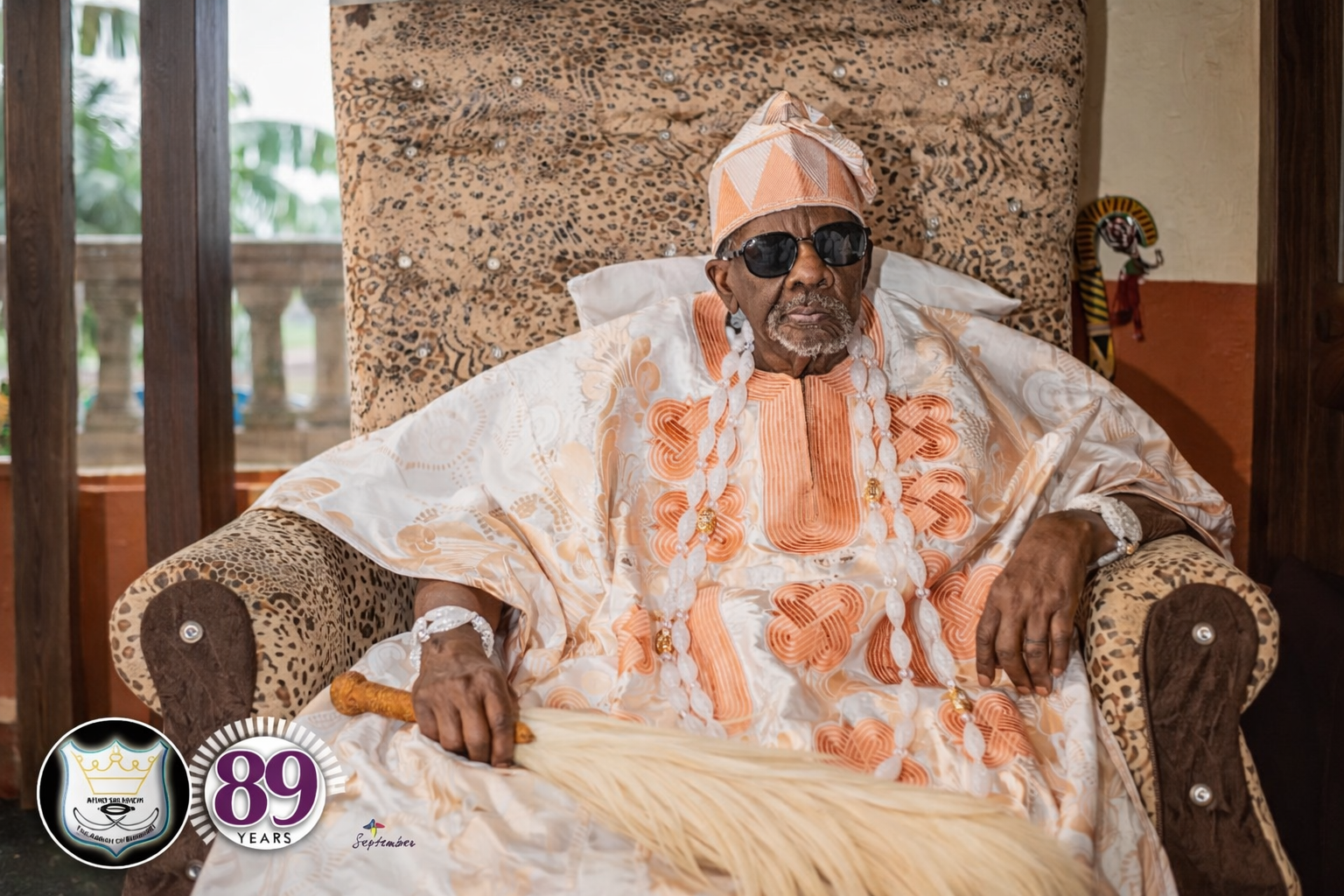The Think Yoruba First (TYF) organisation has reaffirmed its stand against the Indigene Status Bill, stressing it does not promote justice, equality, and unity.
This is in response to an opinion article by Paul Asiodu, a Legislative Analyst from Delta State, “attempting to sanitise the bill”, claiming that opposition to it is driven by “faux outrage” and “lack of understanding”.
According to Secretary General of TYF Organisation Worldwide, Dr Bukola Ogundoyin, in a statement on Tuesday, “The assertion that opposition to the bill—especially from our well-informed civic group Think Yoruba First Worldwide (TYF)—is a product of ‘faux outrage’ or ‘lack of understanding’ is dismissive, unfounded, and dangerously misleading.”
The organisation argued that the bill’s proponents conflate Nigerian citizenship with indigeneity, a conceptual and legal misstep.
According to it, citizenship refers to nationality in relation to the Nigerian state, whereas indigeneity relates to identity, culture, ancestral ties, and legitimate claims to land and self-determination within subnational entities.
The TYF organisation also highlighted that the United Nations Declaration on the Rights of Indigenous Peoples (UNDRIP), which Nigeria ratified in 2007, affirms the rights of indigenous peoples to determine their own identity, land, and cultural heritage.
The group stated that the bill’s proposal to grant “indigene” status based on 10 years of residence or marriage would blatantly violate these global standards.
Furthermore, the organisation noted that the Federal Character Principle, enshrined in Section 14(3) of the Nigerian Constitution, already exists to promote diversity in public appointments and resource allocation.
“Rather than amending the Constitution to flatten indigenous claims, the government should enforce existing laws to prevent regional discrimination,” TYF said.
The organisation warned that the bill’s logic is unprecedented and potentially dangerous, citing examples of chaos and conflict resulting from forced integration attempts in countries like Rwanda, Sri Lanka, and Ethiopia.
TYF stated that the motives behind the bill seek to forcibly engineer a national identity at the cost of indigenous sovereignty, legal precedent, and social stability. “That is unacceptable—and must be rejected,” Dr. Ogundoyin said.
She added, “If implemented effectively, this principle strikes a balance between unity and diversity. Rather than amending the Constitution to flatten indigenous claims, government should enforce existing laws to prevent regional discrimination in employment, education, and representation.
“Let us be clear: no country in the world grants indigenous status by residence or marriage in a blanket fashion. Most countries grant citizenship that way—but not indigeneity. The bill’s logic is unprecedented and potentially dangerous.
“Nigeria’s peace rests on a delicate balance of ethnic federalism, not homogenisation. To tamper with that under the guise of ‘unity’ is to invite unrest, displacement, and systemic collapse. Nigeria is better protected via Ethnolinguistic Federalism than the proposed faux indigenisation proposed by Ben Kalu.”






